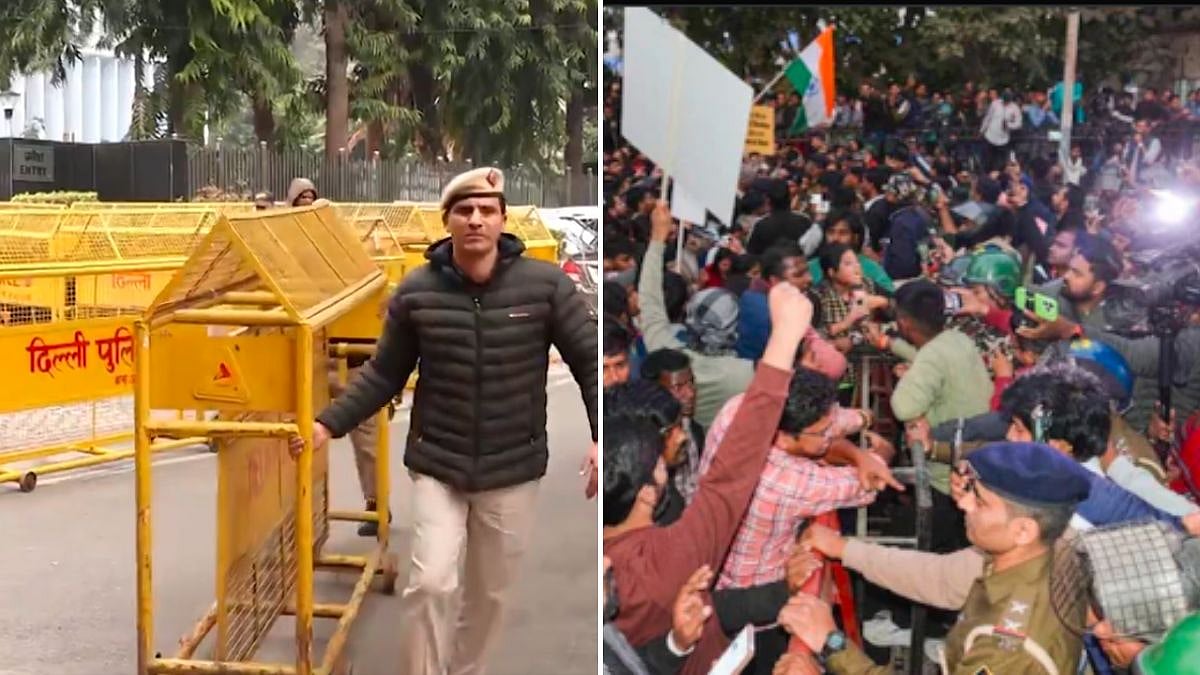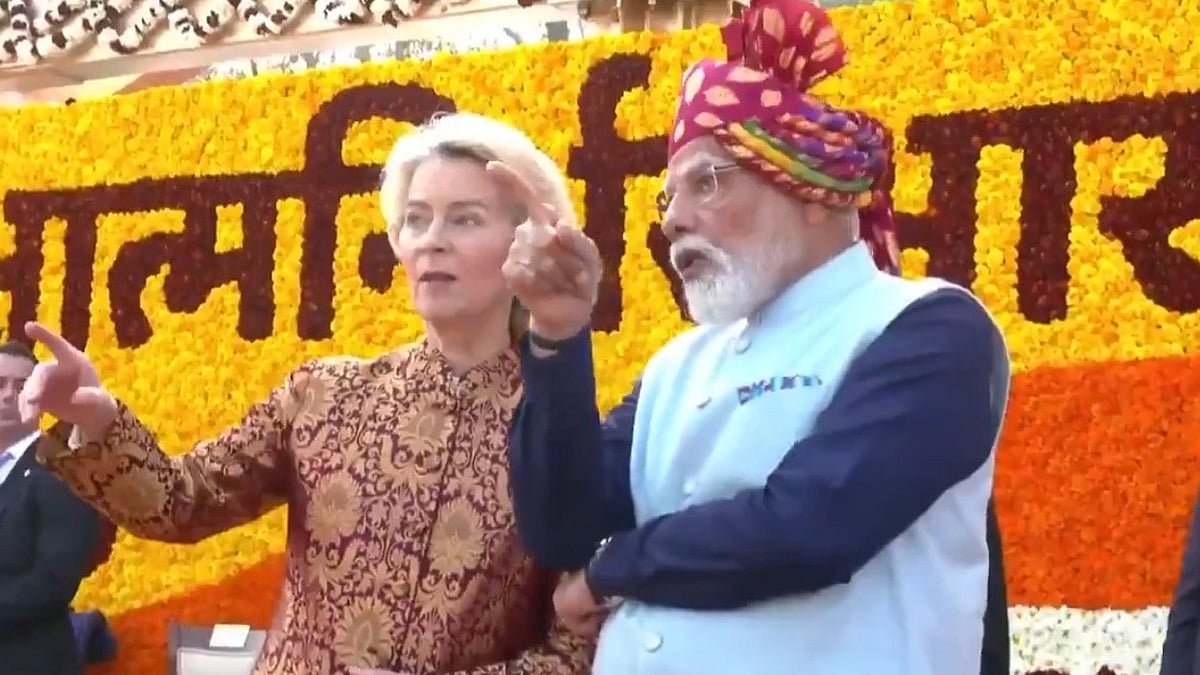Remarkably powerful leaders make mistakes, often marking the beginning of their end. Mamata Banerjee may have made one such cardinal mistake after which the people of Bengal took to streets protesting against the rape, brutalization and murder of a trainee doctor in city’s R G Kar Medical College Hospital.
Both her friends and foes are convinced of it. Mamata has made comments best described by William Shakespeare (mouthed by Brutus, as he contemplates killing Julius Caesar for the greater good) when he said that “the abuse of greatness” is “when it disjoins remorse from power.” The ruler is so intoxicated by power that she disconnects it from remorse or compassion; that is Mamata Banerjee, seemingly blinded by power.
“Remorse From Power”
Steeped in half a century of politics, seemingly robustly connected to her electorate, as her pro people welfare schemes demonstrate, yet here she is, her recent words and actions taking her further away from the electorate, a disconnect as it were of “remorse from power.”
In the face of state-wide protests staring at her, this is what she said: “This is the politics of Bam-Ram,” indicating the protest is led by the Left and the party of Ram, the BJP.
Echoes Of Hasina's Handling Of Bangladesh Protests
The comment is redolent of the arrogance of the recently deposed, former PM of neighbouring Bangladesh, Sheikh Hasina, who, exactly a month back, referred to the anti-reservation protests as the ‘grandchildren of Razakars’ -- a reviled word in Bangladesh indicating volunteers of Pakistan in the 1971 war.
Sheikh Hasina had blamed the Opposition Bangladesh Nationalist Party and the Jamaat-e-Islami for the tumultuous protests that were to sweep her out of power. Mamata, too, sounded like Hasina when she blamed Left Front and the BJP for fuelling the Wednesday protests without acknowledging – like Hasina – that it was a spontaneous people’s outpouring.
Tomorrow (on Friday) she will hit the streets “to oppose” the opposition. Though the protests may have an element of the Left or the Right in it, it was not led by them. From the body language of the protesters and their hesitation to raise slogans, it was evident that they were not representing any political party or were paid to protest.
After a thumping January national poll victory, Hasina too failed to read the nature of street protests which were predominantly led by the students. The similarities were obvious to Mamata as well and she did not desist from comparing the seminal Bengal moment with the uprising in Bangladesh. Mamata declared, “You are wondering if the Bangladesh fiasco can be repeated here, to capture power. I do not care for power.”
Almost unnecessarily Mamata is deflecting public anger against the rapists-murderers and turning it against herself, while making heroes out of ‘Bam-Ram’. She could have shown some “remorse” by keeping silent or perhaps intervening briefly to indicate that her party is on the same page with the protesters, as indeed some of her party colleagues clearly are.
If a party fails to recognise public anger and refuses to show “remorse”, there is a serious problem with it. Her reinstatement of the superintendent of RG Kar College within hours of his removal is not lost on anybody in Bengal and beyond. It spurred the people’s anger.
.jpg)
When Mamata's Predecessor Made A Similar Mistake
Can failure to read the public mood, see genuine grievances for what they are, after decades in public life, be the Achilles ‘Heel’ of seasoned politicians? Mamata’s predecessor, Buddhadeb Bhattacharya, who recently passed away, made a similar mistake by ignoring the farmer’s protests in Singur and Nandigram in 2007. After CPI-M conducted large-scale violence to recapture Nandigram, Bhattacharya said the opposition “has been paid back in the same coin,” indicating the plans to attack the protesters was a righteous decision.
Both Hasina and Bhattacharya clearly severed “remorse from power.” So has Mamata now. Her nephew and party’s general secretary Abhisekh made a statement indicating that the demands of the “protesting doctors are fair and justified” and this is “the minimum” that they can “expect from the government”: to provide “safety and security.” It is a belated attempt at damage control. Still absent though is an all-too evident naked absence of remorse.
.jpg?width=1200)









